
Living sustainably and contributing to a Circular Economy doesn't require a major lifestyle overhaul. In fact, there are numerous simple yet impactful ways the average person can participate in this eco-friendly movement. From conscious shopping to embracing DIY projects, here are 10 practical steps you can take to integrate circular economy principles into your everyday life
- Buy Second-Hand: Embrace thrift shopping and second-hand markets to extend the lifespan of products. Purchasing pre-loved items reduces the demand for new production and minimizes waste.
- Choose Sustainable Brands: Support companies that prioritize sustainability and incorporate circular practices in their production processes. Look for brands that use recycled materials, promote durability, and offer repair services.
- Repair Instead of Replace: When items break, consider repairing them instead of immediately replacing them. Learning basic repair skills or utilizing local repair services helps reduce the need for new products and cuts down on waste.
- Recycle Responsibly: Understand and follow proper recycling practices in your community. Sort and dispose of recyclables correctly to ensure that materials are recycled efficiently, preventing contamination of the recycling stream.
- Compost Organic Waste: Start composting your kitchen scraps and organic waste. Turning food waste into nutrient-rich compost not only reduces landfill contributions but also creates valuable resources for your garden.
- Practice Minimalism: Adopt a minimalist lifestyle by decluttering and focusing on quality over quantity. Owning fewer possessions reduces the demand for new goods and encourages a more sustainable consumption pattern.
- Borrow or Share: Instead of buying items for occasional use, consider borrowing or sharing with friends, family, or neighbors. This reduces the need for everyone to own individual items, promoting a more collaborative and circular approach.
- Upcycling and DIY Projects: Get creative with upcycling old or unused items into new and useful products. DIY projects not only breathe new life into objects but also showcase the potential for reusing materials in innovative ways.
- Educate Yourself and Others: Stay informed about Circular Economy principles and share your knowledge with others. Engage in conversations about sustainable practices, and encourage friends and family to join you in making environmentally conscious choices.
- Support Local Initiatives: Participate in local initiatives that promote Circular Economy practices, such as community swap events, repair workshops, or recycling programs. By supporting these initiatives, you contribute to the growth of a Circular Economy within your community.
Remember, every small action adds up, and collectively, these efforts contribute to a more sustainable and circular way of living.























































.png)

%20(25).png)
%20(24).png)
%20(22).png)
%20(21).png)
%20(20).png)
%20(19).png)









%20(12).png)









.png)





.png)
.png)

.png)

.png)


.png)

.png)





.png)
.png)





.png)



.png)






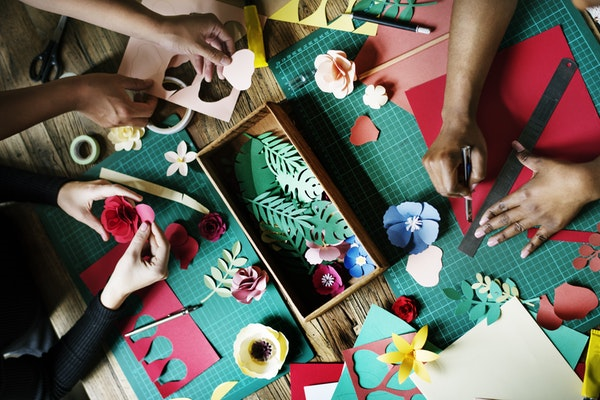




.png)









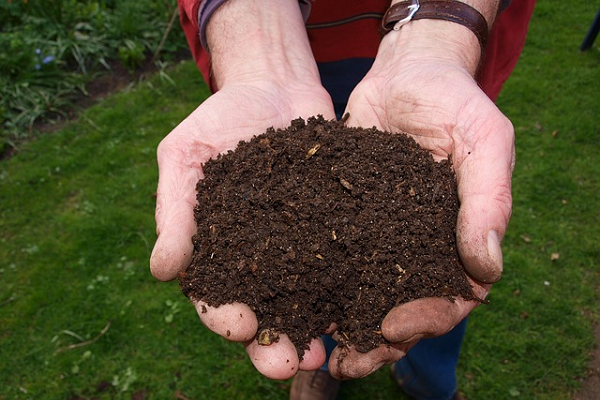
.png)

.png)






.jpeg)



.png)




.png)







%20resize.jpeg)



%20small.png)

.png)








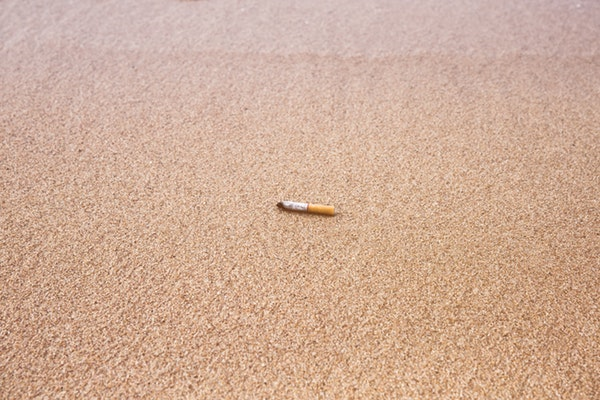
.png)

.png)




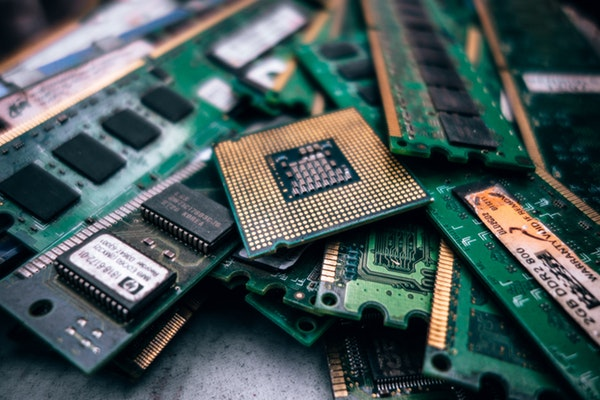
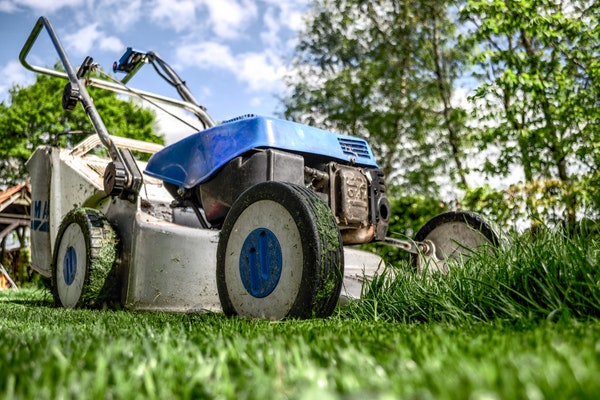









.jpg)
.jpg)
.jpg)
